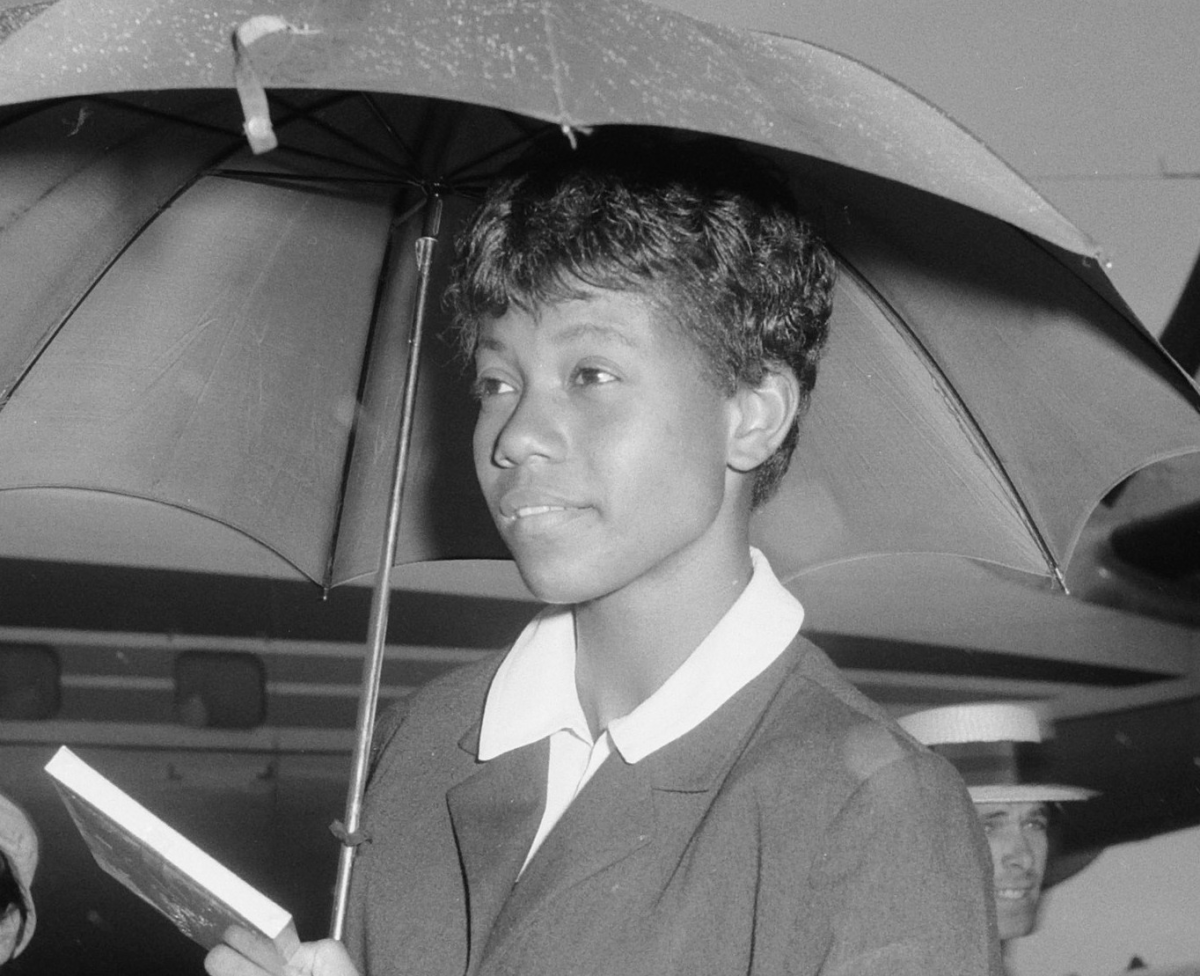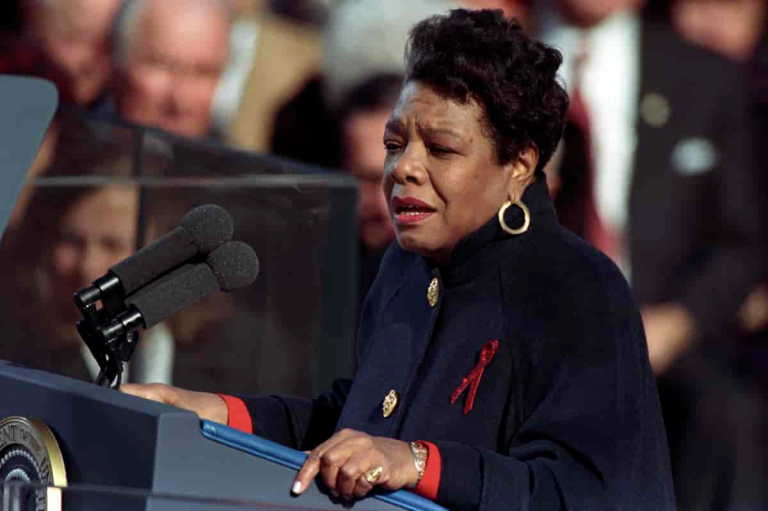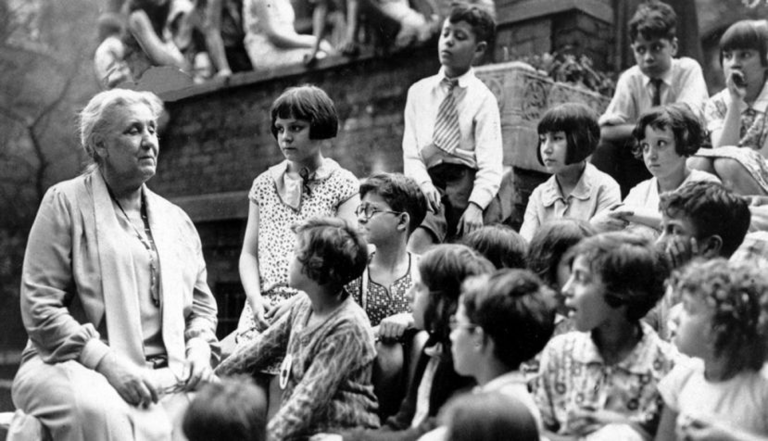How Did Wilma Rudolph Change The World
Wilma Rudolph’s Early Life and Facts
Wilma Rudolph’s early life was marked by adversity and triumph. Born in 1940 in Clarksville, Tennessee, faced early health challenges, including pneumonia and polio. Despite being told she might never walk again, Rudolph overcame these obstacles through determined physical therapy.
Wilma Rudolph’s story is not only one of triumph but also one of enduring impact. After her illustrious athletic career, Rudolph continued to make a difference. She became a teacher and a coach, emphasizing the importance of education and sportsmanship.

Tragically, Wilma Rudolph passed away on November 12, 1994, at the age of 54, due to brain cancer. Her legacy lives on not just in the records she set on the track but also in the lives she touched through her advocacy for education and her inspirational journey.
In her personal life, Rudolph was a devoted mother to four children. Despite facing unique health challenges, she remained committed to her family and community, leaving a lasting impact on those who knew her.
Wilma Rudolph’s remarkable life, from overcoming early health struggles to her historic achievements and contributions beyond athletics, cements her as a resilient, inspiring, and enduring legacy figure.
Rudolph’s achievements transcend athletics; she became a symbol of triumph over adversity and an inspiration to many. Her legacy is a testament to perseverance and overcoming seemingly insurmountable obstacles.
Wilma Rudolph’s Influence: How Did Wilma Rudolph Change the World
Wilma Rudolph profoundly changed the world through her extraordinary achievements and resilient spirit. At the height of her career, “the fastest woman in the world” used her platform to shed light on social issues plaguing society.
Breaking Racial Barriers
Rudolph, an African American woman, shattered racial barriers in sports during the Civil Rights era. Her success at the 1960 Rome Olympics was a personal victory and a symbol of racial equality and the potential for excellence irrespective of one’s background.
Gender Equality in Athletics
As the first American woman to win three gold medals in track and field at the Olympics, Rudolph pioneered a path for women in sports. Her achievements challenged stereotypes and opened doors for future generations of female athletes.
Inspiration for Overcoming Adversity
Rudolph’s journey from early health challenges, including polio, to becoming an Olympic champion is an enduring source of inspiration. Her story sends a powerful message about the capacity of the human spirit to overcome adversity and achieve greatness.
Advocacy for Education
Beyond athletics, Rudolph emphasized the importance of education. Her post-athletic career as a teacher and coach underscored the value she placed on academic achievement, influencing countless individuals to pursue education alongside their passions.
Symbol of Resilience
Rudolph’s life story is a testament to resilience, determination, and perseverance. Her impact extends beyond sports to become a symbol of the indomitable human spirit, motivating people worldwide to face challenges with courage and determination.
Wilma Rudolph Olympics and Medals
1960 Rome Olympics
Rudolph competed in three individual events: the 100-meter, 200-meter, and 4×100-meter relay.
Gold Medals
She secured a gold medal in each event – the 100 and 200 meters- and played a pivotal role in the 4×100 meters relay team, earning her a third gold.
Triple Gold Medalist
Wilma Rudolph’s winning three gold medals in a single Olympics was unprecedented, especially for an American woman in track and field. This accomplishment solidified her as a trailblazer and a symbol of excellence.
Her success at the 1960 Rome Olympics not only established her as a sprinting legend but also contributed significantly to breaking racial and gender barriers in the world of sports. Wilma Rudolph remains an inspiration for athletes worldwide, showcasing the power of determination and resilience on the grand stage of the Olympic Games.

A Timeless Legacy of Triumph and Inspiration
Wilma Rudolph’s impact reverberates through time, transcending the boundaries of sports and resonating with individuals facing challenges today.
Her story embodies the triumph of the human spirit, emphasizing resilience, determination, and the ability to overcome adversity. As the first American woman to secure three gold medals in track and field at the 1960 Rome Olympics, Rudolph shattered not only records but also societal expectations, leaving an indelible mark on the world of sports.
Beyond the track, Rudolph’s commitment to education, advocacy for civil rights, and her role as a loving mother contribute to a legacy far beyond her time. In facing personal struggles and health challenges, she demonstrated that setbacks can be stepping stones to success.
Wilma Rudolph’s enduring impact is a beacon of inspiration, motivating individuals to strive for excellence, break barriers, and forge their path despite the odds. Her life story continues to empower and uplift, reminding us that the human spirit can perform remarkable feats on and off the track.
Inspiring Women of Color
Throughout history, bold and courageous black women have stepped forward to catalyze positive change. Olympic athlete Wilma Rudolph, media icon Oprah Winfrey, and literary legend Maya Angelou. Despite their diverse backgrounds and color, these influential women tremendously impacted society through their barrier-breaking accomplishments, philanthropy, and vocal advocacy for justice.






